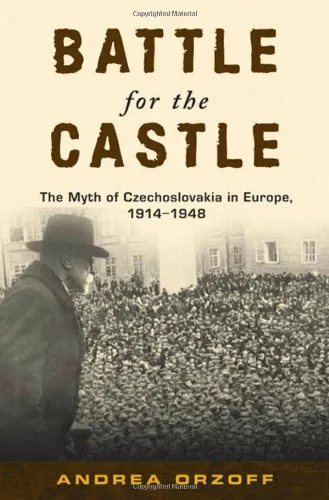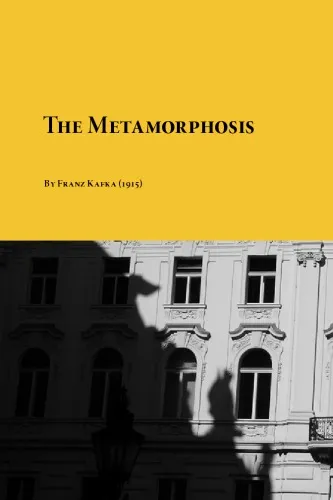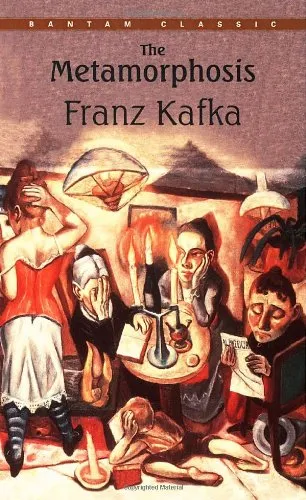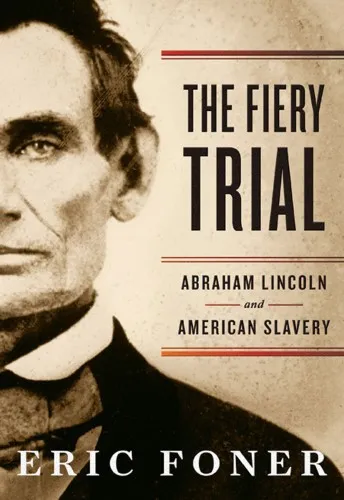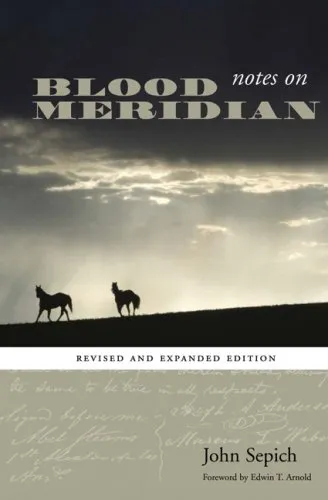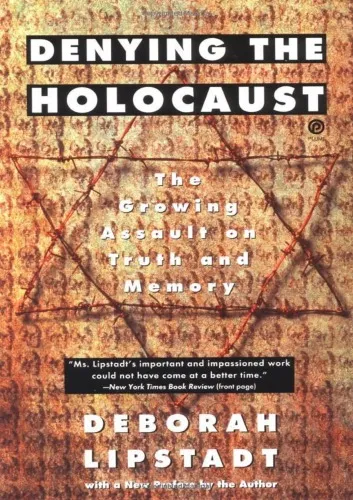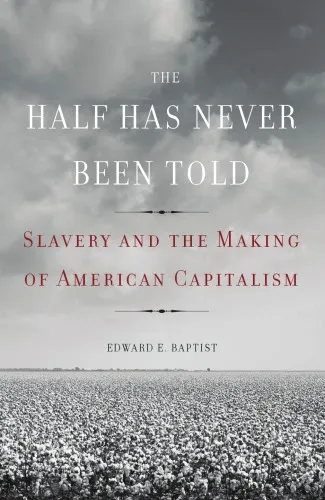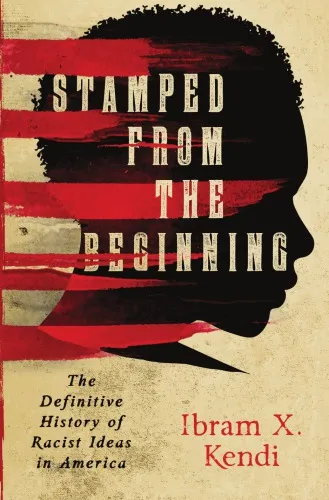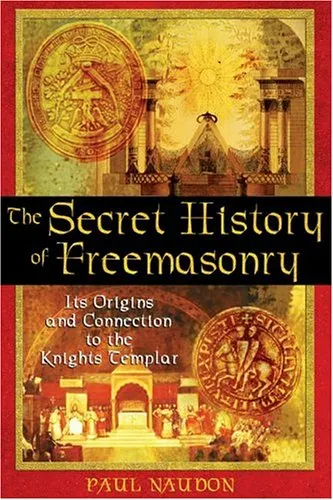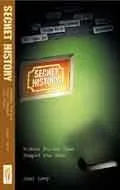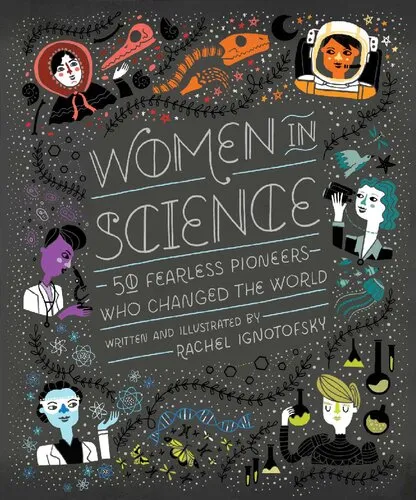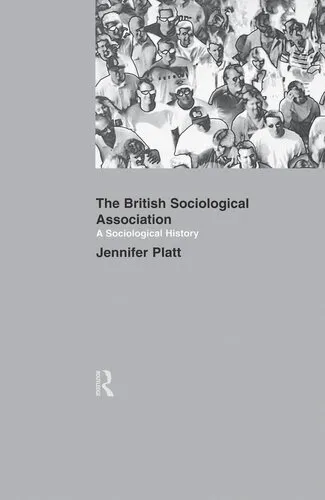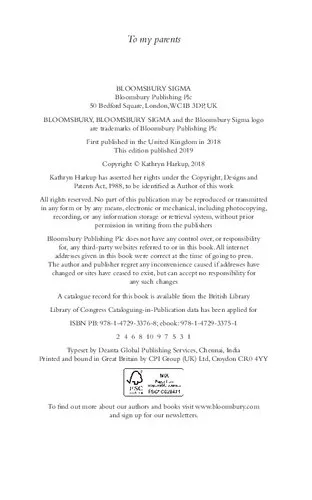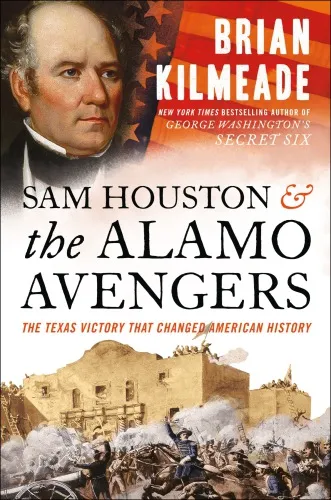Battle for the Castle: The Myth of Czechoslovakia in Europe, 1914-1948
4.5
Reviews from our users

You Can Ask your questions from this book's AI after Login
Each download or ask from book AI costs 2 points. To earn more free points, please visit the Points Guide Page and complete some valuable actions.Related Refrences:
Discover the riveting exploration of Central European history through Andrea Orzoff's meticulously researched work, "Battle for the Castle: The Myth of Czechoslovakia in Europe, 1914-1948". This compelling narrative deep dives into the identity, political dynamics, and international perceptions of Czechoslovakia during a tumultuous period in European history.
Detailed Summary of the Book
Andrea Orzoff's Battle for the Castle meticulously examines the complex fabric of myth-making surrounding Czechoslovakia from its inception after World War I to its disintegration in the aftermath of World War II. Orzoff delves into how Czechoslovak leaders and intellectuals cultivated an image of their nation not only as a model democracy in Central Europe but also as a bastion against the tide of totalitarianism sweeping the continent.
The book traces the history of Czechoslovakia from its foundation in 1918, highlighting key figures such as Tomas Masaryk and Edvard Beneš, whose diplomacy and political philosophies were pivotal in shaping the nation’s global reputation. Orzoff explores how this nascent nation brilliantly navigated between the major powers of the era, leveraging its perceived democratic ideals and cultural sophistication to gain favor among Western nations, particularly during the interwar period.
However, the advent of the Second World War challenged this image. As Nazi Germany expanded, Czechoslovakia faced existential threats, culminating in the Munich Agreement of 1938, which Orzoff meticulously analyzes. Post-war, Czechoslovakia's international image encountered further challenges as the Cold War era began to reshape Europe’s political landscape.
Key Takeaways
- Czechoslovakia's creation was intimately linked with the collapse of old empires and the tumult of WWI, setting the stage for modern Central European history.
- The role of international diplomacy and public relations was instrumental in shaping Czechoslovakia's image as a democratic island in a totalitarian sea.
- Orzoff highlights the significance of cultural diplomacy and intellectuals in crafting national identity.
- The dramatic shift from democracy to Soviet alignment post-WWII reveals the fragility of state myths under geopolitical pressures.
Famous Quotes from the Book
Andrea Orzoff's eloquent prose brings the history to life, providing profound insights. Some notable quotes include:
"In the great theater of European politics, Czechoslovakia sought not just to play its part but to define the stage on which others acted."
"Democracy was both the altar and the actor for Czechoslovakia, a symbolic bulwark against chaos."
Why This Book Matters
The period from 1914 to 1948 was one of seismic change in Central Europe, encapsulating the transition from empires to nation-states, the rise of totalitarian regimes, and the onset of the Cold War. Battle for the Castle is crucial for understanding how national mythmaking serves as a tool for political legitimacy and survival in turbulent times.
Andrea Orzoff's study not only highlights the historical significance of Czechoslovakia but also contributes to broader discussions on nationalism, identity, and the power of perception in international relations. It provides essential context for contemporary European politics, where the legacy of the 20th century continues to shape current affairs.
Free Direct Download
You Can Download this book after Login
Accessing books through legal platforms and public libraries not only supports the rights of authors and publishers but also contributes to the sustainability of reading culture. Before downloading, please take a moment to consider these options.
Find this book on other platforms:
WorldCat helps you find books in libraries worldwide.
See ratings, reviews, and discussions on Goodreads.
Find and buy rare or used books on AbeBooks.
1325
بازدید4.5
امتیاز0
نظر98%
رضایتReviews:
4.5
Based on 0 users review
Questions & Answers
Ask questions about this book or help others by answering
No questions yet. Be the first to ask!
